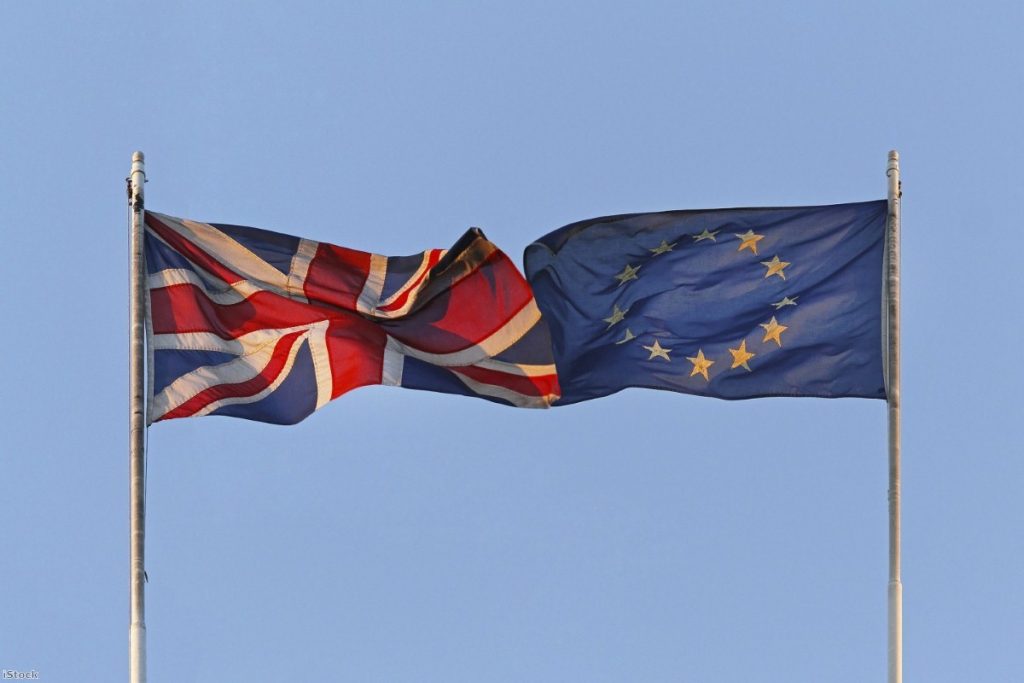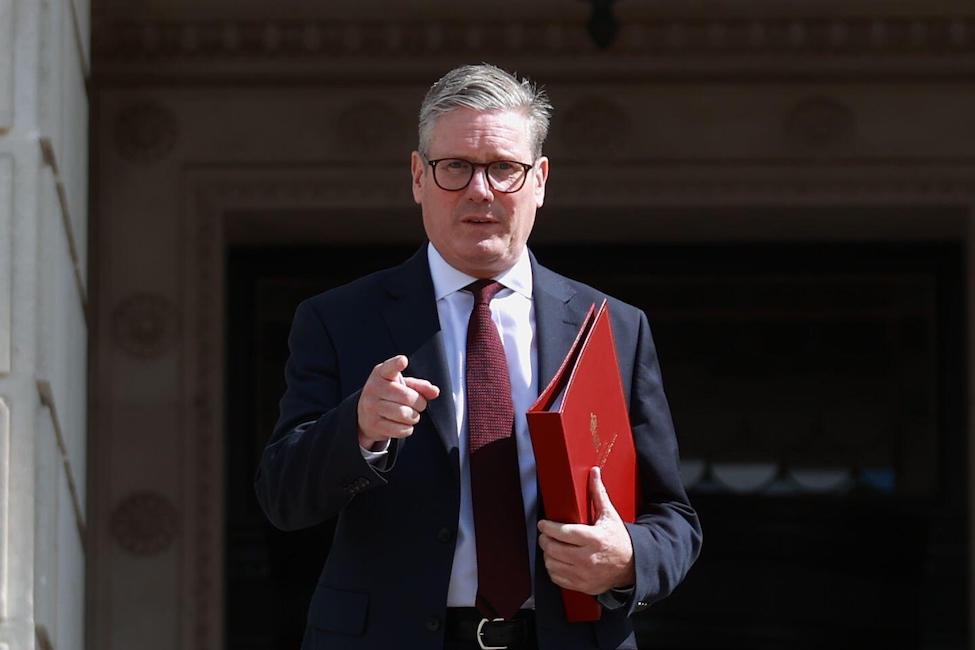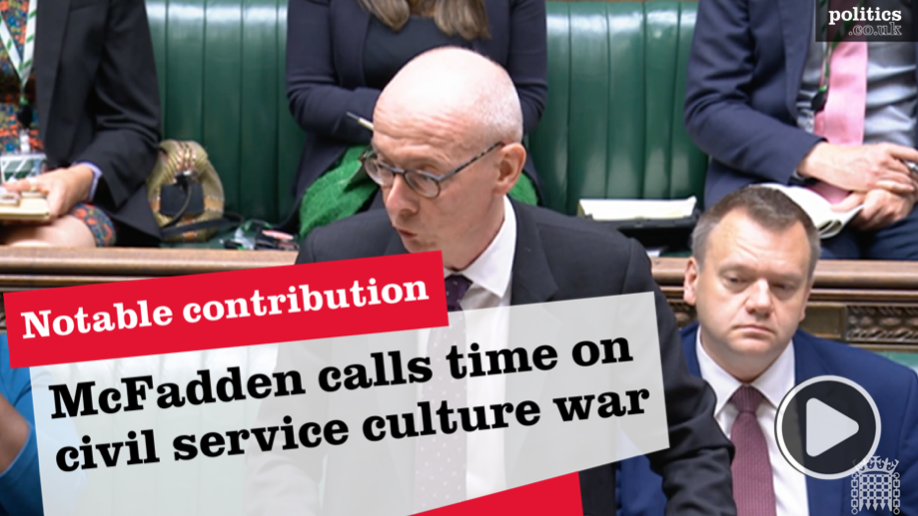Brexit has been a failure. You know it. I know it. Nigel Farage, God love him, knows it.
You’ll find very few people around these days who are happy with how our departure from the European Union has turned out, whether they voted for it or not. Quite a lot of people think we should not have left. So what do we do about it?
Anyone who tells you there is a quick and easy solution is selling you a bridge.
It would be nice to imagine that we could seamlessly and painlessly jump back into the EU within the course of the next five years, but that is just not happening. We need to move past the idea that there are easy fixes for our politics and our country – that our future lies at the bottom of a new and better three-word slogan.
The slow puncture of Brexit is just part of a wider problem. If we are going to repair the underlying break in our public life then we have to look deeper, and think longer term.
Too often I see people in favour of EU membership jumping on the latest economic evidence that Brexit is a failure, the latest poll suggesting a new majority for rejoining. Even as someone who would like to see us back in the EU at some point I think this is missing the mark.
The first problem is the assumption that because people answer a poll saying they want to rejoin in the abstract, that they also want to reopen the debate this year or even within the next five years. People are tired. They have other priorities right now – food prices, mortgages, the NHS. You can make a reasonable case that many of our current problems have been exacerbated by Brexit but it is just not what gets most people out of bed in the morning.
The second problem is the assumption that because people answer a poll saying they want to rejoin the EU in the abstract, that those numbers will hold up in the heat of a renewed campaign. “Rejoin” and “Remain” are different propositions, not just as a matter of timing but as a matter of what they entail.
Now that we have left the EU the terms on which we could be a member again are different. The exact position we would find ourselves in would be a matter of negotiation but it would be wise to assume that we could not secure all the convenient opt-outs we had before. Many people would see that as a worthwhile price to pay. We cannot assume that of everyone who might currently answer “yes” to a pollster.
It is the final error made by people on the pro-EU side of the argument, however, that is the most important. That is the assumption that because a poll suggests a new majority of any size for rejoining, this alone is sufficient to make a new campaign a good idea.
Even now our country is fiercely divided over Europe, and even if there were a durable majority to rejoin (despite the challenges above) there would still be a very large minority against – bitterly opposed, and feeling utterly betrayed. Driving constitutional change without consensus is risky business.
Reading this many pro-EU people may turn about and say that this is exactly what the Brexiters did. They took a narrow majority and abused it beyond recognition. They delivered a major constitutional change in a way that divided the country and left no one happy.
They are right – but that is exactly why we have to resist the temptation to go down the same route.
Those self-same consequences of the Brexit vote – polarisation, mistrust and a zero-sum mentality – show us the risks ahead if we repeat the same mistakes.
It is always tempting to demand revenge, comeuppance for those on the opposing team, but an eye for an eye leaves everyone blind and we have been too short sighted in this country for too long.
Instead we need to see the long term project as one of tamping down polarisation, building consensus and ending the tribal divisions around Europe. It is a tall order but it is the only way to create a durable foundation to go forward.
Any plan based on alienating and infuriating 40-odd percent of the country is not one which implies a healthy debate going forward. That is still more true when one of the major parties – currently the party of government and likely to govern again in time – continues to hold Brexit as its central plank of policy.
You might reasonably ask if it is dangerous to give a quasi-veto power to the minority. If we rely on something close to consensus then it risks giving too much influence to those who refuse to allow that consensus, whether for genuine principle or personal interest. The gridlock of Scottish politics since 2014 shows what can happen when one side refuses to accept compromise or loss in political disputes.
Even so, the aim has to be to find better ways of talking about and tackling our political problems, ways which live up to the standard of liberal democracy. If the old model of political dialogue is not working then it is up to all of us to change the model, whether that means electoral reform, citizens’ assemblies or simply good old-fashioned respectful debate, engaging with the arguments instead of repeating the same stale talking points.
We have to remember what real compromise and restraint look like: not taking everything that you want, even when you could have it all. In the case of Europe that might mean pragmatic agreements and “only” Single Market membership. We might have to accept just half the loaf, at least for the near-term.
Liberal democracy puts obligations on those who lose out in votes. It also puts obligations on those who win.
The way we approach our future relationship with the EU – and the conversations we have within our own country – matters just as much as where we end up.
This is the point that is often lost when liberals talk about the EU, so let’s set it straight: Europe is part of a deeper goal, but it is not the goal in of itself. EU membership is a good idea because internationalism, openness and liberal democracy are good ideas, and because the EU imperfectly advances those values.
“Imperfect” is the word. No one backs EU membership because they love every part of the institution, whether qualified majority voting, tight fiscal rules or the Common Fisheries Policy. Compromise means not always getting everything you want.
The EU has its own problems and its own illiberal members. We do ourselves and our values no favours if we try to sell a varnished version of Europe. If we put the EU on a pedestal then we lose sight of what the real goal is: healthy liberal democracy, internationalism and the rules-based order.
Now more than ever we know the value of these liberal democratic principles – locally, nationally and internationally. Recent events have reminded us that these values do not come cheaply. If we want to see them in our relationship with the wider world, we need to start in our own country.
Politics.co.uk is the UK’s leading digital-only political website, providing comprehensive coverage of UK politics. Subscribe to our daily newsletter here.












